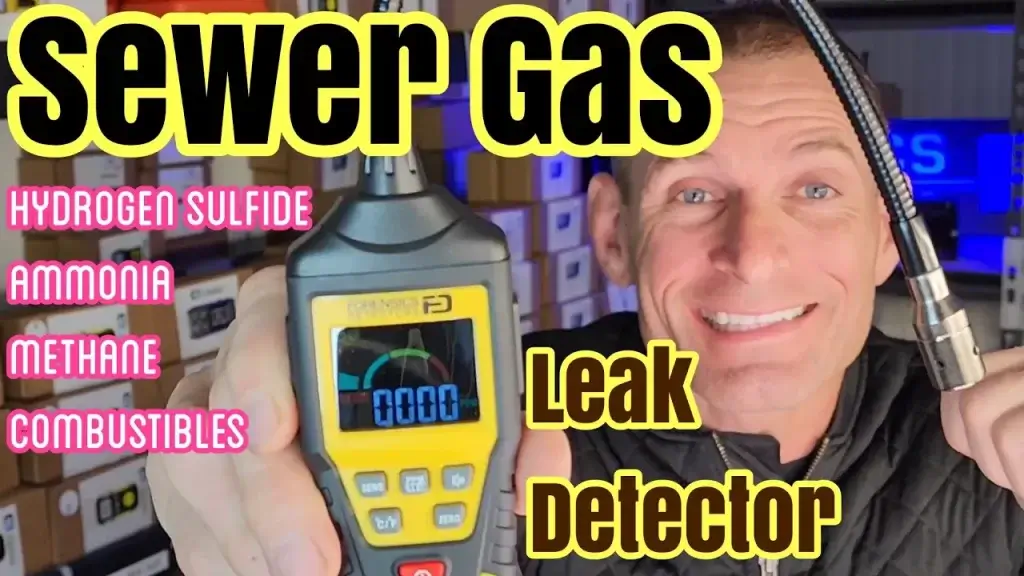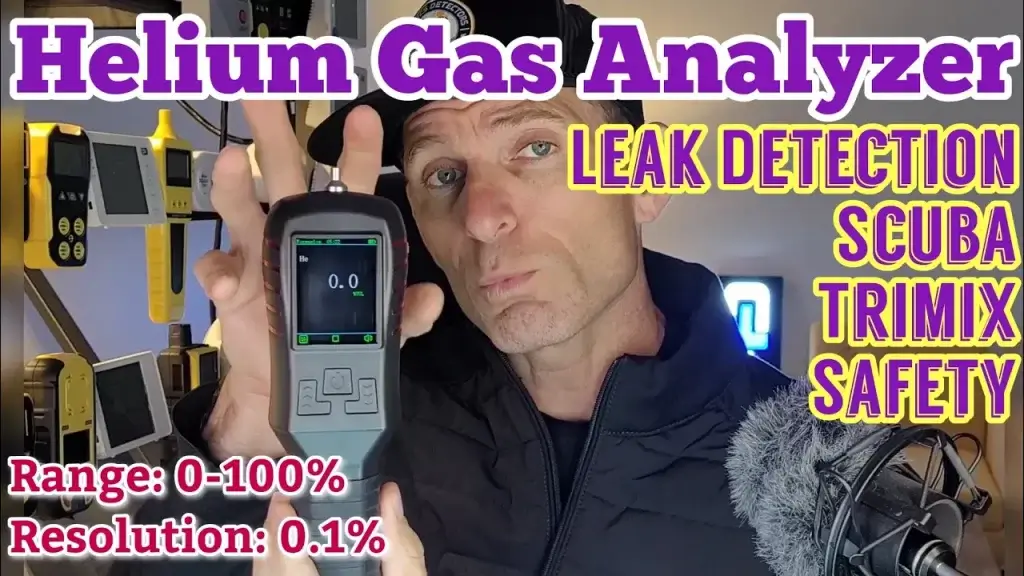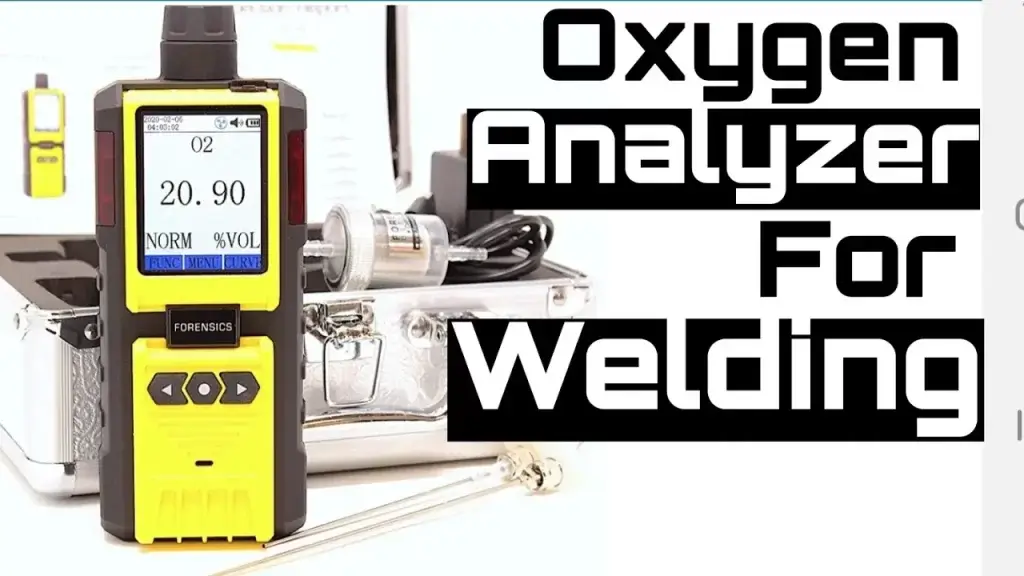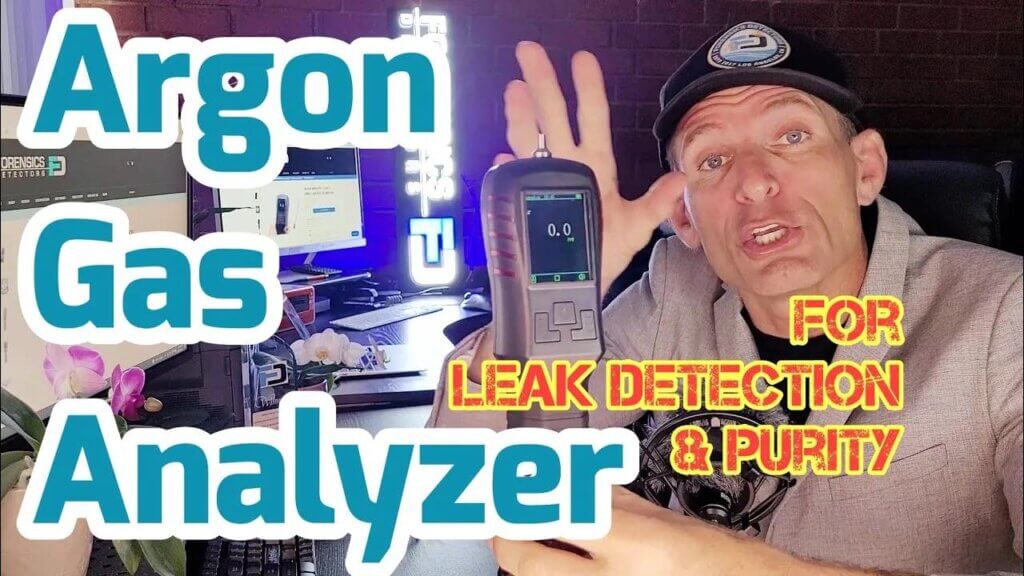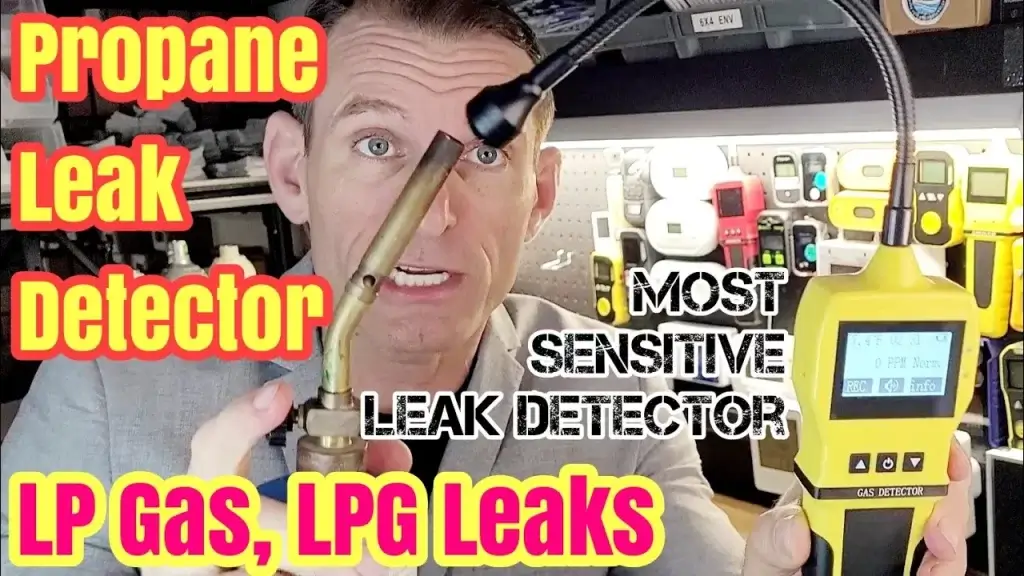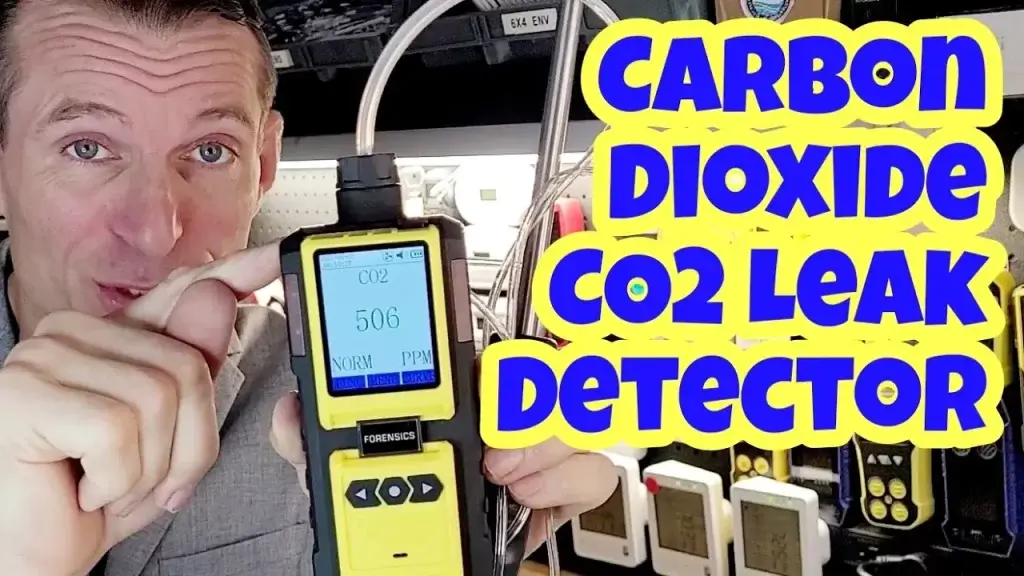Contents
- What Is Sewer Gas And Why Is It Dangerous
- Definition Of Sewer Gas
- Health Risks Associated With Sewer Gas
- Importance Of Detecting Sewer Gas Leaks
- Types Of Sewer Gas Leak Detectors
- Passive Detectors
- Active Detectors
- Combustible Gas Detectors
- Electronic Gas Sensors
- How To Choose And Install A Sewer Gas Leak Detector?
- Considerations When Choosing A Detector
- Common Features To Look For
- Installation Steps For Different Types Of Detectors
- Maintenance And Troubleshooting Of Sewer Gas Leak Detectors
- Regular Maintenance Tasks
- Troubleshooting Common Issues
- When To Seek Professional Help
- Frequently Asked Questions
- How Can I Detect A Sewer Gas Leak In My Home?
- Why Is It Important To Detect Sewer Gas Leaks In The Home?
- Can Sewer Gas Leaks Cause Health Problems?
- Conclusion
Sewer gas leak detectors are vital for detecting potential risks and ensuring safety in your home. Sewer gas leaks can be harmful, causing health issues and damage to your property’s infrastructure.
It is crucial to have a reliable and accurate sewer gas leak detector to quickly identify and address any problems. These detectors use advanced technology to monitor the air quality in your home and alert you if there are any signs of sewer gas leaks.
By investing in a sewer gas leak detector, you can protect yourself and your family, as well as mitigate the risk of costly repairs.

What Is Sewer Gas And Why Is It Dangerous
The presence of sewer gas in your home can be a major health hazard. Sewer gas is a mixture of gases including methane, carbon dioxide, ammonia, hydrogen sulfide, and sulfur dioxide. It is produced by the decomposition of organic matter in the sewage system. Sewer gas can emit a foul smell that is not only unpleasant but also potentially dangerous to your health.
Definition Of Sewer Gas
Sewer gas refers to the mixture of gases that accumulate in the sewer system. It is primarily composed of methane, a flammable gas that is highly combustible. Along with methane, sewer gas also contains other harmful gases like hydrogen sulfide, which has a distinctive rotten egg odor, and carbon dioxide, which can displace oxygen in enclosed spaces.
Health Risks Associated With Sewer Gas
Exposure to sewer gas can have detrimental effects on your health. The harmful gases it contains can cause a variety of symptoms, ranging from mild to severe. Some of the health risks associated with sewer gas exposure include:
- Headaches and dizziness
- Nausea and vomiting
- Fatigue and weakness
- Eye and throat irritation
- Respiratory issues
- Loss of appetite
Prolonged exposure to sewer gas can lead to more serious health issues such as asphyxiation or even death. It is essential to take immediate action if you suspect a sewer gas leak in your home to protect the well-being of yourself and your family.
Importance Of Detecting Sewer Gas Leaks
Detecting sewer gas leaks is crucial for maintaining a safe and healthy living environment. By identifying and addressing any potential leaks, you can minimize the risks associated with the presence of sewer gas. Here are a few reasons why detecting sewer gas leaks in your home is of utmost importance:
- Health Protection: As mentioned earlier, exposure to sewer gas can have severe health consequences. By promptly detecting and fixing leaks, you can prevent the harmful gases from infiltrating your home and safeguard your family’s health.
- Fire and Explosion Prevention: Methane, one of the primary components of sewer gas, is highly flammable. If a significant amount of methane accumulates in an enclosed space, it can lead to a fire or explosion. Detecting and addressing sewer gas leaks reduces the risk of such incidents.
- Odor Elimination: Sewer gas emits an offensive odor that can make your home unpleasant to live in. By detecting and rectifying any leaks, you can eliminate this unpleasant smell and improve the overall quality of your living environment.
- Early Detection of Plumbing Issues: Detecting sewer gas leaks can help you identify underlying plumbing issues. Addressing these issues promptly can prevent further damage to your plumbing system, saving you from costly repairs in the long run.
In conclusion, sewer gas is a dangerous mixture of gases that can pose serious health risks. It is vital to understand the definition of sewer gas, the health hazards it presents, and the importance of detecting and addressing sewer gas leaks in your home. By prioritizing the detection of sewer gas leaks, you can ensure a safe and healthy environment for yourself and your loved ones.
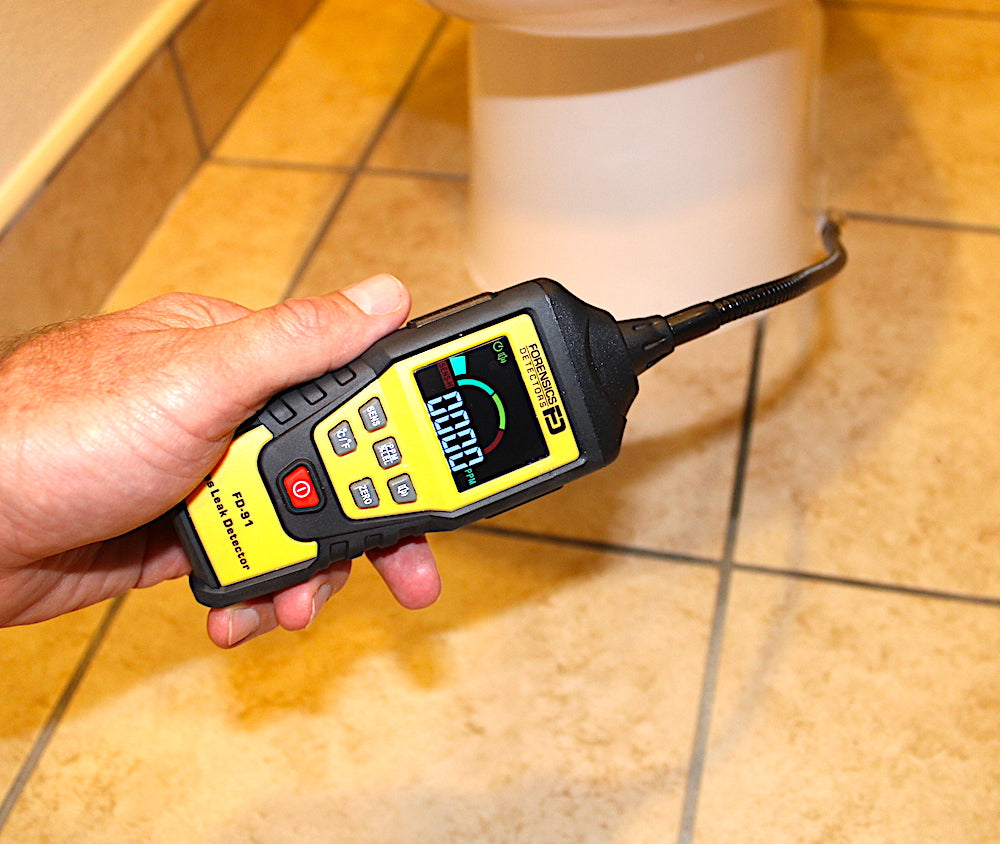
Types Of Sewer Gas Leak Detectors
When it comes to home safety, it’s crucial to be aware of potential risks. One such risk is sewer gas leaks, which can be hazardous if left undetected. Thankfully, there are several types of sewer gas leak detectors available that can help ensure the safety of your home and family.
Passive Detectors
Passive detectors are an inexpensive and straightforward option for detecting sewer gas leaks. These detectors work by relying on certain physical properties of sewer gas to indicate a potential leak. One common type of passive detector is a bubble gas detector.
It consists of a transparent tube filled with a liquid, usually soapy water, and is inserted into a sewer pipe. If there is a leak, sewer gas bubbles will form in the liquid, providing a clear visual indication of the problem.
Active Detectors
Active detectors are more advanced and offer continuous monitoring of sewer gas levels in your home. These detectors typically consist of a sensor that detects the presence of specific gases, such as hydrogen sulfide, which is a key component of sewer gas. When the sensor detects a concentration above a certain threshold, it triggers an audible or visual alarm, alerting you to the potential danger. Active detectors often have a digital display that shows the current gas levels, allowing you to monitor the situation more closely.
Combustible Gas Detectors
Combustible gas detectors are another type of sewer gas leak detector that can provide an added layer of safety. These detectors are designed to detect a wide range of flammable gases, including sewer gas.
They use a sensor that reacts to the presence of combustible gas by triggering an alarm and alerting you to the potential danger. Combustible gas detectors are particularly useful in homes where other sources of flammable gases, such as natural gas or propane, are present.
Electronic Gas Sensors
Electronic gas sensors are the most sophisticated type of sewer gas leak detectors. These sensors work by detecting and measuring the concentration of specific gases in the air. They use advanced technology to provide accurate and real-time readings, allowing you to identify and address any sewer gas leaks promptly.
Electronic gas sensors are typically more expensive than other types of detectors but offer enhanced accuracy and peace of mind.
In conclusion, when it comes to safeguarding your home against sewer gas leaks, there are several types of detectors available. Passive detectors, active detectors, combustible gas detectors, and electronic gas sensors each offer their own unique benefits and levels of detection. By investing in a sewer gas leak detector, you can ensure the safety of your home and protect your family from potential hazards.
How To Choose And Install A Sewer Gas Leak Detector?
Foul odors in your home can be both unpleasant and potentially dangerous. Sewer gas leaks can cause health issues and damage to your property if left undetected. That’s why having a sewer gas leak detector in your home is crucial. In this guide, we’ll explore the considerations when choosing a detector, the common features to look for, and the installation steps for different types of detectors.
Considerations When Choosing A Detector
When it comes to selecting a sewer gas leak detector, there are a few key factors to consider:
- Sensitivity: Look for a detector that has high sensitivity to detect even the smallest traces of sewer gas.
- Portability: Consider whether you need a portable detector that can be moved around your home or a fixed installation.
- Power source: Decide if you prefer a battery-operated detector or one that can be connected to an electrical outlet.
- Alert system: Check for detectors that offer both audible and visual alerts to ensure you are aware of any gas leaks.
- Price range: Look for a detector that fits within your budget without compromising on effectiveness.
Common Features To Look For
When comparing different sewer gas leak detectors, keep an eye out for these common features:
- Gas detection technology: Some detectors use semiconductor sensors, while others utilize electrochemical or infrared technology. Research which technology suits your needs best.
- Alarm volume and duration: Ensure the detector has a loud alarm to catch your attention, and the alarm duration is sufficient to give you time to react.
- Display: Look for detectors with clear and easy-to-read displays, allowing you to monitor gas levels and any alerts easily.
- Battery life: If you choose a battery-operated detector, opt for one with long battery life to minimize the need for frequent replacements.
- Additional features: Some detectors offer extra functionality, such as the ability to detect other hazardous gases or having a digital memory for storing gas-level data.
Installation Steps For Different Types Of Detectors
Depending on the type of sewer gas leak detector you choose, follow these installation steps:
| Type of Detector | Installation Steps |
|---|---|
| Battery-operated portable detector | 1. Open the detector’s battery compartment and insert the batteries. 2. Place the detector in areas prone to gas leaks, such as near drainpipes or sewer lines. 3. Ensure the detector is turned on and functioning properly by conducting a test. |
| Fixed installation detector | 1. Choose an optimal location near potential sources of gas leaks, such as bathroom or kitchen drains. 2. Mount the detector on the wall using screws or double-sided tape. 3. Connect the detector to a power source if required, following the manufacturer’s instructions. 4. Test the detector to ensure it is properly detecting gas leaks before relying on it. |
By understanding the considerations, features, and installation steps, you can confidently select and install a sewer gas leak detector that provides peace of mind and protects your home and loved ones from potential harm.
Maintenance And Troubleshooting Of Sewer Gas Leak Detectors
Maintenance and Troubleshooting of Sewer Gas Leak Detectors
A sewer gas leak detector is an essential device that helps homeowners identify and address gas leaks in their homes. While these detectors are generally reliable, regular maintenance is crucial to ensure their proper functioning and accuracy. Additionally, troubleshooting common issues can save you time and money by avoiding false alarms and unnecessary repairs. In this section, we will outline the key maintenance tasks, provide troubleshooting tips for common issues, and help you know when it’s time to seek professional assistance. Let’s dive in!
Regular Maintenance Tasks
Maintaining your sewer gas leak detector regularly is necessary to keep it in optimal condition and ensure accurate readings. Here are some important maintenance tasks to perform:
- Change the batteries: Replace the batteries in your detector as needed. Check the manufacturer’s instructions for the appropriate battery type and replacement interval.
- Test the sensors: Conduct regular sensor tests to verify that your detector is functioning correctly. Follow the detector’s manual to perform the test and ensure accurate readings.
- Clean the exterior: Wipe the exterior of the detector with a clean, damp cloth to remove any dust or debris. Avoid using chemicals or abrasive cleaners that could damage the device.
Troubleshooting Common Issues
Even with regular maintenance, you may encounter some common issues with your sewer gas leak detector. Here are troubleshooting tips to help you address these problems effectively:
- False alarms: If your detector is constantly triggering false alarms, first check if there is any source of sewer gas in the vicinity. If there isn’t, try resetting the detector or relocating it to a different area.
- No alarms: If your detector is not sounding alarms despite the presence of gas, ensure that the batteries are not depleted and the sensors are functioning correctly. If both are intact, consider replacing the detector.
- Weird readings: In case your detector displays erratic or inconsistent readings, double-check the manufacturer’s instructions for troubleshooting steps. This may involve recalibrating the sensors or contacting the manufacturer for further assistance.
When To Seek Professional Help
While regular maintenance and troubleshooting can address most issues, there are instances when it is best to seek professional help. These situations include:
- Continuous malfunction: If your detector constantly malfunctions or exhibits persistent issues, it is wise to contact a professional technician specialized in sewer gas leak detectors. They have the expertise to diagnose and repair more complex problems.
- Outdated detectors: If your detector is outdated or does not comply with the latest safety standards, consider upgrading to a newer model. A professional can help you choose the right detector for your home and ensure proper installation.
- Unusual gas odors: If you notice unusual or strong gas odors in your home, evacuate immediately and contact your gas provider or emergency services. Do not attempt to fix the issue yourself.
Regular maintenance, effective troubleshooting, and knowing when to seek professional help are vital aspects of ensuring the reliability and efficiency of your sewer gas leak detector. By following these guidelines and staying vigilant, you can keep your home safe from the risks associated with gas leaks.

Frequently Asked Questions
How Can I Detect A Sewer Gas Leak In My Home?
To detect a sewer gas leak in your home, you can look for signs such as a foul odor, bubbling or gurgling sounds in drains, and visible damage to sewer pipes. You can also use a sewer gas detector kit or hire a professional to perform a smoke test to locate the exact source of the leak.
Regular maintenance and proper ventilation can help prevent sewer gas leaks.
Why Is It Important To Detect Sewer Gas Leaks In The Home?
Detecting sewer gas leaks in the home is crucial for several reasons. Sewer gas contains harmful gases, such as hydrogen sulfide, that can pose health risks when inhaled. Additionally, sewer gas leaks can indicate problems with the sewage system, including cracked pipes or blocked vents, which can lead to costly repairs if left untreated.
Prompt detection helps ensure the safety and well-being of your household.
Can Sewer Gas Leaks Cause Health Problems?
Yes, sewer gas leaks can cause health problems. Inhaling sewer gas can lead to symptoms such as nausea, dizziness, headaches, and respiratory issues. In severe cases, it can even result in unconsciousness or death. If you suspect a sewer gas leak in your home, it’s essential to take immediate action to protect your health and seek professional help to address the issue.
Conclusion
Sewer gas leak detectors are essential for the safety and well-being of your home. By promptly detecting any leaks, you can prevent potential health hazards and costly repairs. Investing in a reliable detector is a small price to pay for the peace of mind it brings.
Ensure you choose a detector with the necessary features and regularly maintain it to ensure its effectiveness. Safeguard your home and loved ones by installing a sewer gas leak detector today.

